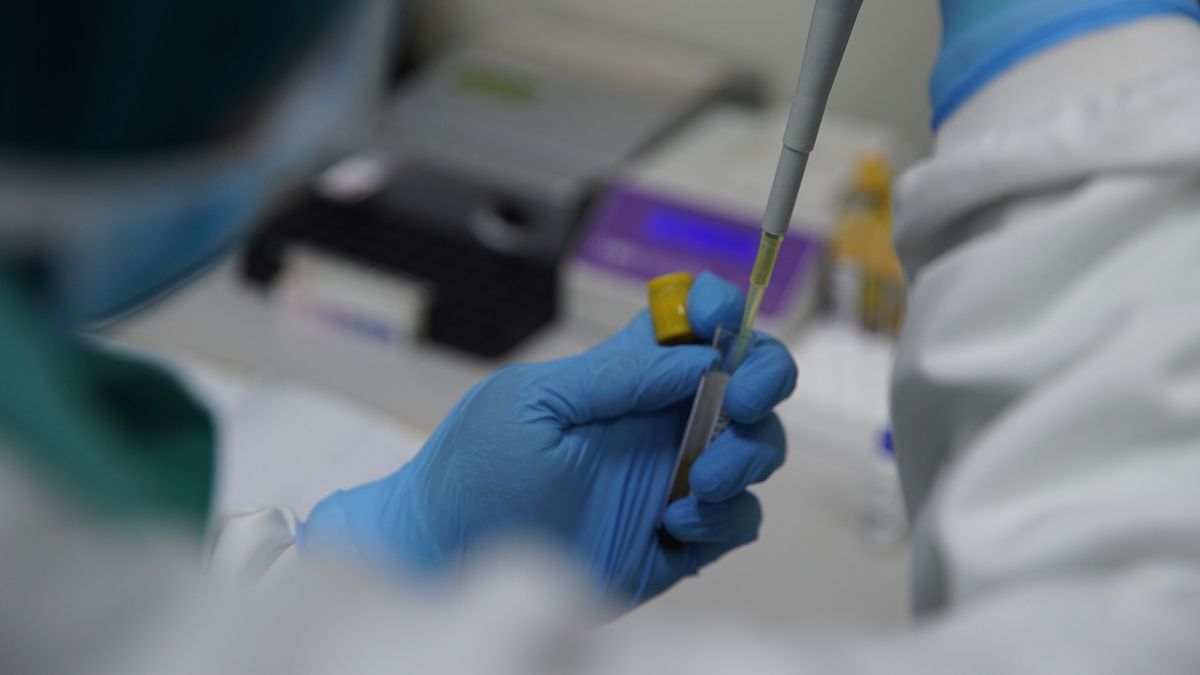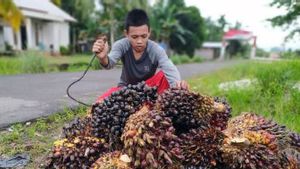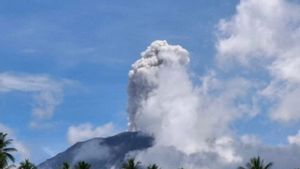JAKARTA - Researchers and scientists continue to struggle to make a vaccine from the corona virus (SARS-CoV-2) or the COVID-19 disease. A new study shows that the spread of the virus slows down in warmer climates.
Launching the Live Science page, scientists from the Massachusetts Institute of Technology believe that this viral infection occurs in areas with temperatures between 37.4 to 62.2 degrees Fahrenheit (or about 3 to 17 degrees Celsius), with humidity ranging from 4-9 grams. per cubic meter (9 / m3).
Given the distribution of countries infected with this virus, the average temperature is above 64.4 F (18 C) with an absolute humidity of more than 9 g / m3. Even though it is still an initial hypothesis, the number of COVID-19 cases in a warmer climate is less than 6 percent recorded globally.
This certainly gives hope, how the transmission of COVID-19 will be less effective in warmer climate situations. This research also needs to be anticipated by the world's citizens when summer occurs to maintain social distancing from one another.
On the other hand, according to the results of research by scientists in North America and Europe, it is believed that the effect of humidity on the spread of COVID-19 will decrease in June. This can happen when the air temperature warms up into the summer.
"There may be limited implications for European countries and parts of North America where temperatures will not rise until July. This may be a very short time to reduce the spread of COVID-19," said an infectious disease specialist at Vanderbilt. University in Tennessee, Dr. William Schaffner.
According to him, the spread of several respiratory viruses, such as flu will be reduced in high humidity and warmer temperature climates. However, it is not clear whether this virus will mutate into a seasonal flu virus like the others.

"If we look at this virus from a microscope, we can find that there are microscopic balls that will greatly affect humidity at a certain temperature. If this kind of virus could occasionally evaporate when a patient inhales," he told Live Science.
Even so, he still reminded people to be careful and maintain their own health both inside and outside the home. Even if the weather is very sunny.
"It is possible that the transmission of this virus will decrease quite low over the next summer, due to warmer temperatures," he added.
The English, Chinese, Japanese, Arabic, and French versions are automatically generated by the AI. So there may still be inaccuracies in translating, please always see Indonesian as our main language. (system supported by DigitalSiber.id)













